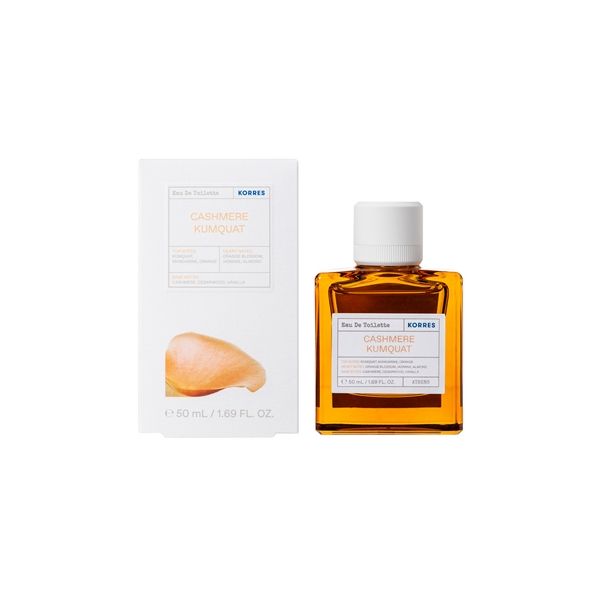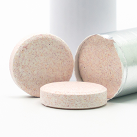Blog
Olive Oil: A Bio-Functional Food With Health Benefits
In recent years there has been a heated debate among scientists as to whether olive oil is a plain food – the dominant oil in the Mediterranean Diet – or a food with health benefits.
In terms of the Mediterranean Diet, olive oil is one of its key ingredients. As for the components of olive oil, in addition to monounsaturated fatty acids, it contains unique micronutrients, such as phenols. Today, there are numerous studies and clinical trials that indicate the health-protective properties of olive oil and its ingredients.
In ancient Greece olive oil was used as a medicine.
In ancient Greece olive oil was used by Hippocrates and Dioscorides as a medicine. Dioscorides recommended green olive oil, known in antiquity as “omfakino”. Indeed, he had noticed many beneficial properties in “raw olive oil”, which he described as bitter and spicy and recommended it for headaches and toothaches, ie as an anti-inflammatory drug.
The Hippocratic Code contains more than 63 uses of olive oil for the treatment of diseases. Plutarch in his “Ethics” mentions the use of “water oil” to treat mastitis. In the sanctuary of Asclepius of Levina, in Crete, where Hygeia Sotira was worshiped, olive oil was used to prepare special ointments and remedies. Democritus also attached great importance to smearing the body with oil to maintain good health.
Olive oil has not yet been recognized as a traditional or well-established natural medicine by the European Medicines Agency (EMA) or the Food and Drug Administration (FDA), but has been recognized by the EFSA (European Commission for Food Safety) and the FDA as a food with health-protective properties. Under this regulation, olive oil can either be bottled or standardized in a bottle and sold at the pharmacy as a dietary supplement.
Olive oil can protect blood lipids from oxidative stress
According to the European Regulation (432/2012), olive oil can protect blood lipids from oxidative stress. This claim only applies to olive oils containing at least 5 mg of hydroxytyrosol and its derivatives (eg complex of eleuropein and tyrosol) for every 20 g of olive oil while it is also believed that their beneficial effect is provided by a daily dose of 20 g of olive oil.
Oleokanthal and oleasin contained in olive oil
Oleokanthal, which is responsible for the burning sensation that we often feel when consuming fresh raw oil, has shown anti-inflammatory action similar to Ibuprofen. In addition, oleokanthal has been shown to protect against Alzheimer’s disease, rheumatoid arthritis, and to prevent tumor metastasis. As it is known, chronic exposure to anti-inflammatory agents such as oleokanthal offers protection against cardiovascular diseases and consequently aging!
In addition to oleokanthal, olive oil also contains other ingredients with a similar action, such as oleasin, which has the most antioxidant activity of all other olive oil substances, which have also shown antioxidant activity, protection from Alzheimer’s disease and anti-metastatic action. Olive oil, however, continues to surprise us because we keep discovering new micronutrients that belong to the same category as the above and may have similar or additional actions).

 Ελληνικά
Ελληνικά









































